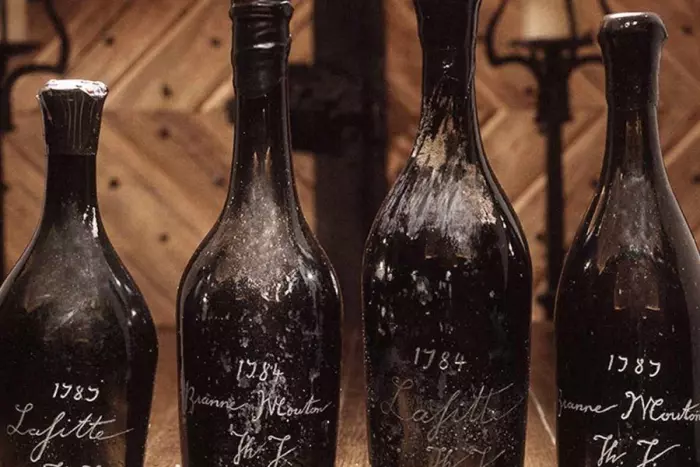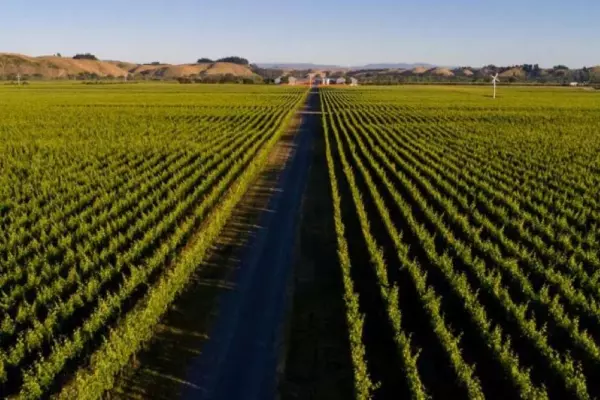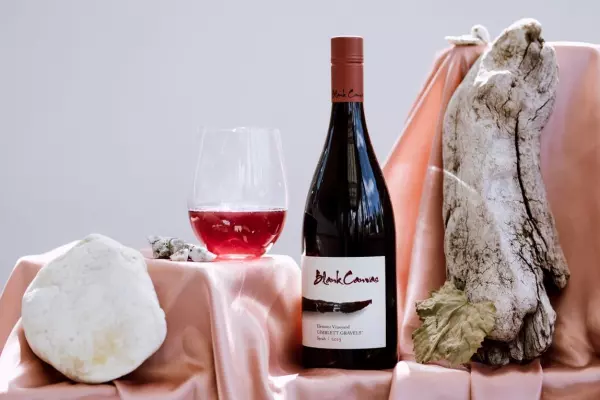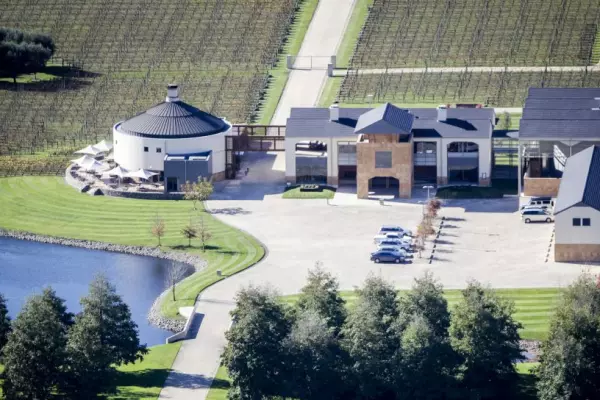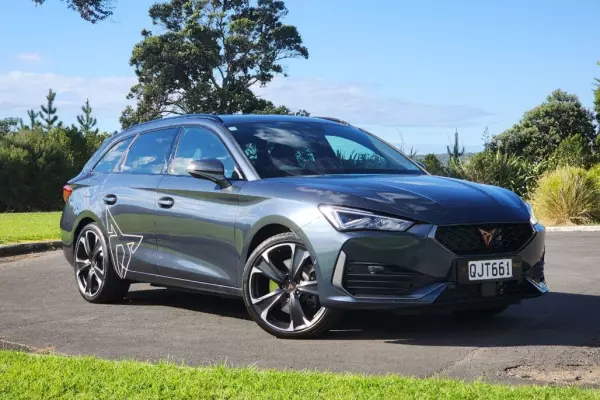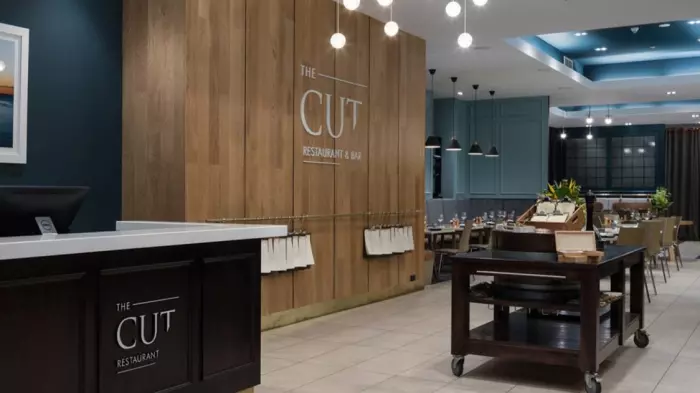Towards the end of a banquet in Shanghai in 2012, the host asked me, through an interpreter, if I would do him a favour and check the authenticity of some French wines. The following day, I travelled to an industrial suburb with an excitable translator who kept pointing to properties our host owned. He was clearly a man of substance.
At the host’s offices, I was taken to a room and shown perhaps 30 bottles of red Bordeaux. I assumed they were to be given to, or opened for, important clients. The businessman needed to separate the wheat from the chaff to avoid a social gaffe.
If they were all genuine, I calculated, the wines would be worth a total of around $30,000.
After carefully studying each bottle, I put them into three nearly equal groups: “almost certainly genuine”, “almost certainly fakes” and “could be either”. Some of the fakes were easy to spot. Poor printing, misaligned labels and poorly applied capsules were a giveaway. The genuine wines got a tick in every box.
There are different levels of wine fakes, just as there are different levels of fake Rolex watches. The cheapest examples of a fake Château Lafite Rothschild, for example, might have misspelt the name of the chateau, while the most expensive fakes might actually contain a small amount of the real thing.
One of the most famous cases of wine fraud involved a collection of very old bottles reputed to have been owned by Thomas Jefferson. The bottles, engraved with the initials “Th. J”, were said to have been found in a walled-up old wine cellar in Paris, where Jefferson had once served as the United States ambassador. In 1985, a German wine collector and manager of pop groups, Hardy Rodenstock, offered a bottle of 1787 Château Lafite for auction at Christie’s in London. It was purchased by Christopher “Kip” Forbes, vice chairman of the Forbes Publishing company, for a record price of 105,000 British pounds ($210,000, or equivalent to $600,000 today).
Another unhappy purchaser of some of the “Jefferson bottles” took legal action against Rodenstock, alleging that the engravings were made with an electric tool that was not available in the eighteenth century. I recommend a very entertaining book about the whole sorry saga: The Billionaire’s Vinegar, by Benjamin Wallace, published by Random House.
Australian wines have fallen prey to wine forgers in the Chinese market. In 2017, Shanghai police seized 14,000 bottles of counterfeit Penfolds wine. Wine Australia has responded to the threat of wine fraud by launching a database of wines that have been legitimately exported. Called ELISS (Export Label Image Search System), it allows anyone to check the authenticity of a potential purchase by checking it against the database’s wine-label images and information.
Should New Zealand winemakers be concerned about wine fraud? Not according to Felton Road owner Nigel Greening, who said, “I was recently asked by a customer what I was doing to offer the customer protection against forged bottles of my wine (a problem, thankfully, yet to occur). I responded that there was excellent protection already in place by buying wine from the authorised distributor in a country, or their appointed retailers, then not trading. Forgery is only an issue on traded wine, never on wine bought through the proper channels.”
Greening makes a good point, although the increasing price of New Zealand wine and growth in the secondary market for wine must increase the threat of wine fraud.
Bob’s Top Picks
Investment Wine 2019 Amisfield “Breakneck” Reserve Pinot Noir, Central Otago, $85
2019 Amisfield “Breakneck” Reserve Pinot Noir, Central Otago, $85
Made from a selection of the best barrels from the Pisa sub-region, this is supremely elegant pinot noir with violet, plum, spice and subtle savoury flavours supported by fine, ripe tannins. Accessible now but with the potential to develop well with bottle age.
Weekend Wines
Top White
 2021 Eradus Awatere Valley Pinot Gris, Marlborough, $19.99
2021 Eradus Awatere Valley Pinot Gris, Marlborough, $19.99
Crisp, fresh and flavoursome pinot gris with typical pear and apple flavours. An initial hint of sweetness is balanced by tangy acidity to leave a pleasantly dry, mouth-watering finish.
Top Red
 2019 Man O’ War Syrah, Waiheke, $31.50
2019 Man O’ War Syrah, Waiheke, $31.50
Ripe, fleshy syrah with dark berry, smoky oak, black pepper, violet and spice/anise flavours. Well-structured red with moderate cellaring potential. Bold yet supple wine that offers good value at this price.
Read more from Bob at therealreview.com


